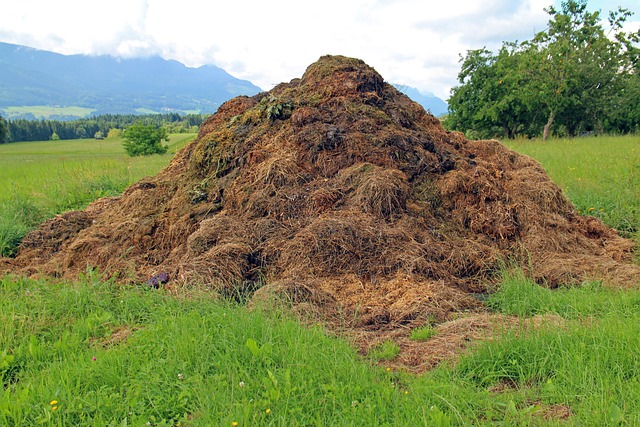Introduction: Compost is the secret weapon of every gardener and environmentally conscious individual. It is a natural process that transforms organic waste into a nutrient-rich substance known as “black gold.” In this article, we will explore the wonders of composting, its benefits, and how you can create your own compost to enrich your soil and reduce waste.
Section 1: The Basics of Composting
- Definition: Composting is the decomposition of organic matter, such as food scraps, yard waste, and other biodegradable materials, into a dark, crumbly substance called compost.
- The Science Behind Composting: Composting is a biological process driven by microorganisms, including bacteria, fungi, and earthworms. These organisms break down the organic matter and convert it into stable, nutrient-rich compost.
- Key Ingredients for Composting: The ideal compost recipe includes a balanced mix of “greens” (nitrogen-rich materials like kitchen scraps and fresh grass clippings) and “browns” (carbon-rich materials like dried leaves and twigs). Adequate moisture and oxygen are also essential for the composting process.
Section 2: Benefits of Compost
- Soil Enrichment: Compost improves soil structure, moisture retention, and nutrient content. It provides essential elements like nitrogen, phosphorus, and potassium, promoting healthy plant growth and enhancing soil fertility.
- Waste Reduction: Composting diverts organic waste from landfills, reducing methane emissions and promoting a more sustainable waste management system.
- Environmental Benefits: Composting helps to mitigate climate change by sequestering carbon in the soil, improving soil health, and reducing the need for synthetic fertilizers and pesticides.
Section 3: Composting Methods
- Backyard Composting: Learn how to start a compost pile or use a compost bin in your backyard. This section covers the basic steps, tips for success, and troubleshooting common issues.
- Vermicomposting: Discover the fascinating world of worm composting, where specialized worms called red wigglers help break down organic matter into nutrient-rich castings. This method is ideal for small spaces and indoor composting.
- Compost Tea: Learn how to make nutrient-rich compost tea, a liquid fertilizer created by steeping compost in water. This “liquid gold” can be used to nourish plants directly or sprayed onto foliage.
Section 4: Tips for Successful Composting
- What to Compost and What to Avoid: Get a comprehensive list of suitable compostable materials and items to exclude from your compost pile.
- Maintaining the Compost: Learn about proper compost maintenance, including turning the pile, monitoring moisture levels, and achieving the right balance of carbon and nitrogen.
Conclusion: Composting is a simple yet powerful practice that benefits both your garden and the environment. By harnessing the natural processes of decomposition, you can transform organic waste into a valuable resource for nourishing your plants and reducing your ecological footprint. Embrace the magic of composting and join the movement toward a more sustainable future.
Remember, composting is a journey of experimentation and learning. Start small, be patient, and watch as your kitchen scraps and yard waste transform into nutrient-dense compost, contributing to a healthier planet and more vibrant gardens.

